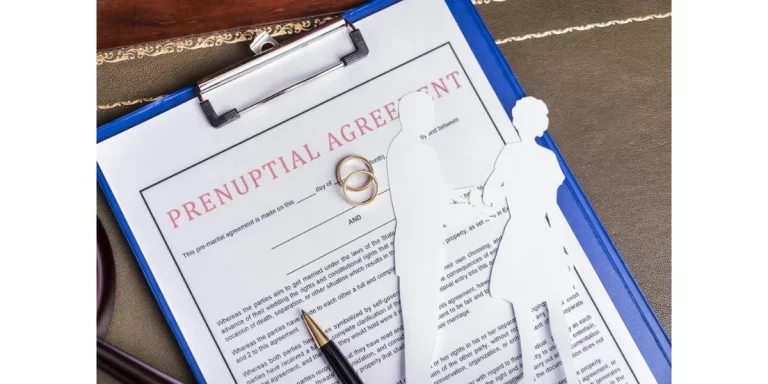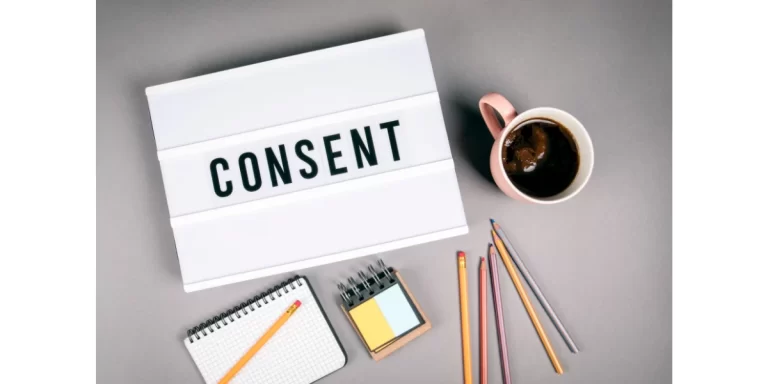An apprehended Violence Order (AVO) for emotional abuse is an order put in place by a court to protect a person against a proven act of threat or violence from another person in the form of emotional abuse.
Under the Crimes (Domestic and Personal Violence) Act 2007 (NSW), an AVO is also known as a Restraining Order, a legal document restricting someone from doing certain things to another person.
What Is Emotional Abuse?
Emotional abuse, also called psychological abuse, is a form of manipulative behaviour that can affect a person’s mental health and emotional well-being.
There may also be sexual, financial, or physical abuse going on at the same time in filing for an AVO for emotional abuse.
But it doesn’t have to be combined with other types of abuse to be considered one.
It can be hard to explain what emotional abuse is at times.
Below is a list of examples to help you understand what it looks like, how it affects victims, and what signs to look for if you’re worried you’re loved one is going through the same thing.
Also read: Understanding Spousal Abuse: Legal Protections and Resources in NSW, Australia
Different Types of Emotional Abuse
Any of the following can be a form of emotional abuse:
- Verbal Abuse: It may also be ongoing and repeated yelling and name-calling. The affected can get an AVO for verbal abuse.
- Constant Criticism and Rejection: Underestimating a person’s actions, appearance and opinions repeatedly.
- Gaslighting: Gaslighting is a form of psychological abuse in which the abuser tries to confuse the victim by twisting the truth and making them doubt their own judgement and instinct.
- Social Abuse: Isolating a person from friends and relatives or restricting who they may see or communicate with. It might also appear as an attempt to destroy other relationships or reputation by sharing pictures without approval and constantly tracking the activities of the victim.
- Threats and Intimidation: Making the other person feel scared or unsafe all the time.
- Bullying and Humiliation: Putting the other person down or embarrassing them on purpose in public.
- Financial Abuse: Keeping a person from working or earning their own money to control them financially.
What Does an AVO for Emotional Abuse Do?
An Apprehended Violence Order (AVO) restricts the behaviour of the individual who is abusing the victim.
The court may impose additional conditions, such as requiring the abuser to leave home or avoid getting near the protected person.
After an order has been issued, it is illegal for them to break it, and should contact the police if they do so.
Also read: What Happens If a Domestic Violence Victim Doesn’t Show Up for Court
Eligibility for Applying an AVO
You may apply for an AVO for yourself for Emotional Abuse if you:
- are experiencing verbal abuse
- are being intimidated, bullied, humiliated, or stalked by someone
AVO for Emotional Abuse Application
The affected party can start by calling the police and telling them what’s happening. They can give advice and might even fill out the application on the victim’s behalf.
The victim can fill out an application for an AVO for emotional abuse at a local court, which is called a “private application,” or they can ask a police officer, a lawyer, or someone trusted to do it on their behalf.
It’s highly advisable to talk to an AVO lawyer. It is not mandatory, but it’s a grave order, and it’s good to know options and rights.
Points to Remember in an AVO Application for Emotional Abuse
The affected party will need to sign a legal document detailing the reasons for their apprehensions about safety, either for themselves or their children, along with providing instances of the defendant’s actions or verbal misconduct.
Once the application is successfully submitted, a court date will be assigned. Subsequently, the defendant will be informed of the specifics by law enforcement, who will also provide a copy of the emotional abuse AVO application.
The defendant has the option to consent to the order, challenge it (which necessitates legal representation), or request an alternative court date to seek legal counsel.
In the event that the defendant engages in threats, intimidation, or any actions contrary to the order, a call to the police is advisable, who will initiate an investigation.
Breaking the order constitutes a criminal offense.
Maintaining evidence of the breach can be invaluable.
For instance, preserving records of abusive phone calls or maintaining a diary or written notes detailing the occurrences can prove helpful
Defending an AVO Alleging Emotional Abuse
If the defendant opts to contest an AVO for emotional abuse, it becomes imperative to advance to a court hearing.
The Applicant will present their case to the judge and try to get a final AVO.
The defendant need to put on evidence explaining their position.
The AVO lawyers will also be there to cross-examine the PINOP.
After the Court listens to the evidence, the Court will either:
- make a Final Apprehended Violence Order (AVO), or
- dismiss the AVO and make no orders.
Another option would be to try and have the AVO dropped before it goes to a hearing.
This can be done by negotiating with the police or writing to them inviting them to drop the charges.
Our AVO lawyers have plenty of experience doing this, so get in touch with our team today.
Also read: The Intersection of AVOs and Mental Health Issues
How to Prove Emotional Abuse in Court?
Proving emotional abuse in Australian courts can be challenging because emotional abuse, unlike physical abuse, often doesn’t leave visible marks or scars. Nevertheless, the Australian legal system recognizes emotional or psychological abuse, especially in family law or domestic violence.
If someone believes they have been a victim of emotional abuse and they wish to prove it in court, they might consider the following steps:
- Document Everything: Keeping a detailed record of each incident, including date, time, what was said, any witnesses, and any immediate emotional or physical reactions. Keeping texts, emails, voicemails, or other digital or written communications can be helpful.
- Gather Witnesses: While many incidents of emotional abuse may occur in private, sometimes some witnesses can testify. This could include friends, family members, co-workers, counselors, or therapists.
- Seek Professional Opinions: A mental health professional can assess the emotional and psychological impacts of abuse and may provide a professional opinion or testimony that can be used in court.
- Evidence of Impact: Show proof of how the abuse has affected daily life. This can include evidence of seeking therapy, medical records for stress-related illnesses, evidence of changes in work performance, or testimonies from close acquaintances about changes in behavior or mood.
- Restraining and Protection Orders: If there’s an immediate threat, consider applying for a protection order. These orders can provide some level of protection and serve as a legal acknowledgment that abuse has been alleged.
- Support Services: Engage with domestic violence or family violence support services. They can offer guidance, support, and sometimes even assistance documenting abuse.
- Avoid Retaliation: It’s crucial not to retaliate or engage in any behavior that could be perceived as abusive. This could undermine the claim and potentially lead to legal consequences.
It’s important to remember that the burden of proof in civil cases, like family law disputes, is on the “balance of probabilities,” meaning that something is more likely than not to have occurred.
This is a lesser standard than the “beyond a reasonable doubt” standard used in criminal cases.
What Are the Effects of Emotional Abuse?
Research has shown that adults who have been subjected to mental or emotional abuse are more likely to experience:
- Lack of contentment in relationships
- Anxiety and depression
- Low self-confidence
- Suicidal tendencies
- Increased physical health issues
Conclusion
Apprehended Violence Order (AVO) for emotional abuse is applied by a person who seeks protection against a proven act of threat or violence from another person in the form of psychological abuse.
Get in touch with our team of AVO lawyers who will be able to assist you with your enquiries.
Principal of Justice Family Lawyers, Hayder specialises in complex parenting and property family law matters. He is based in Sydney and holds a Bachelor of Law and Bachelor of Communications from UTS.






4 thoughts on “Your Right to Safety: AVO for Emotional Abuse”
Would like to know more about emotional abuse allegations
Hi
Please get in contact with our team for a consultation.
hello, myself Gauthami (25 year old) female.
i ve been through physical and mental abuse also blackmailing aswell regarding my abortion and still goimg on and also abuse on social media creating fake accounts and also verbal abuse from my ex’s family and his current partner.
i have been through suicide already and didnt mention anything on him but now this has been going through years and i was told that this will be stopped but getting much worse. ao have no idea hpw to deal this with.
please let me know how i can deal with this legally
Hi, you can contact the police to request that a domestic violence order be issued for your safety and wellbeing. A domestic violence order can restrict your ex-partner from approaching or contacting you both in person and online. There are also various women’s legal services that can be engaged for free and confidential advice. I have listed a few contact numbers below for your reference:
Women’s Legal Service NSW: (02) 8745 6999 or 1800 810 784
Domestic Violence Legal Service (DVLS): (08) 8999 7977
Women’s Legal Service Victoria: (03) 8622 0600 or 1800 133 302
Domestic Violence Resource Centre Victoria (DVRCV): (03) 9486 9866